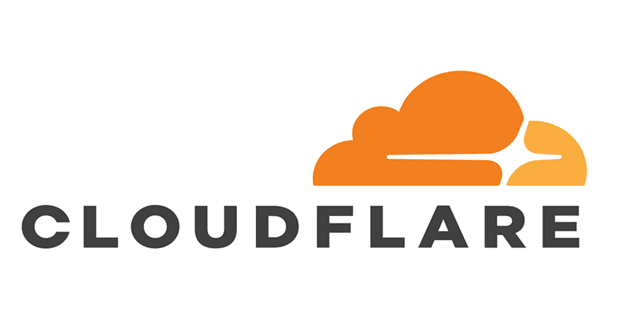Copyright holders like RIAA, MPA, etc have mentioned Cloudflare in their latest submissions to the Notorious Markets list of USTR. Though they’re able to obtain desired information from Cloudflare on requests, they’re still unsatisfied with its stance on identity defense.
Cloudflare Refutes Blame
Cloudflare is a popular CDN serving millions of sites every day. While its infrastructure is used by legitimate websites for defending against cyberattacks, its defenses are attracting several pirate sites too. The Pirate Bay’s main site, popular among the piracy sites, is hosted on Cloudflare. Likewise, several popular pirate sites are using Cloudflare’s CDN services to hide, and serve their customers secretly. This isn’t liked by copyright holders like MPA, RIAA, etc, who went on to suggest Cloudflare as one of the Notorious Markets in the US Trade Representative’s list this year. They blamed Cloudflare for guarding the pirate sites by shielding their IP addresses and other important identifying information and making it hard for authorities to act. To all such complaints, Cloudflare responded with a refuting letter to USTR, expressing discontent against all those who suggested it as a Notorious Market. Though Cloudflare didn’t deny masking the IP addresses and hosting providers’ details of its clients, it said that information can be obtained easily on a general request by copyright holders. A basic DMCA subpoena that can be signed off by a court clerk, or copyright holders submitting a request through Cloudflare’s web form, can provide them with concerned sites’ IP addresses, payment details, and other account details. Also, Cloudflare shares such details in its Trusted Reporter program regularly to all “those entities that have proven a genuine need for the information and have adequately demonstrated the willingness and ability to secure the information and protect it from being used for cyberattack.” While boasting that it entertained 67 DMCA subpoenas targeting hundreds of domains last year, it expressed disappointment on rights holders sharing this information publicly and accusing the service ultimately.

